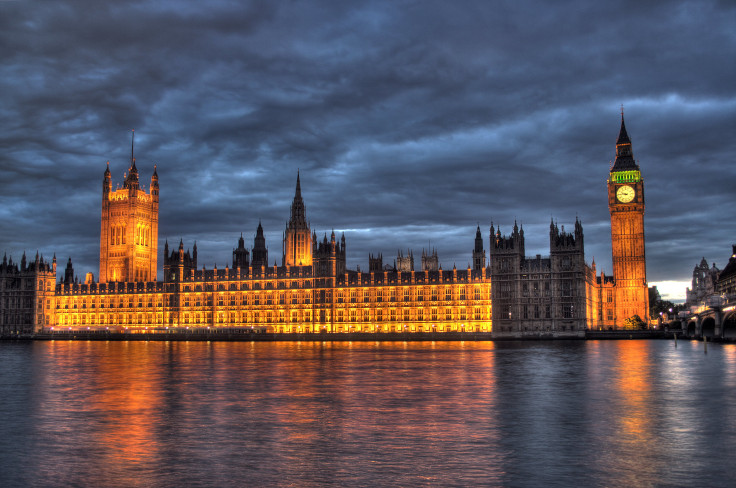Assisted Dying Bill UK Debate: Over 200 Peers to Participate in Historic Event - What's on the Agenda?
The Supporters and Opponents of UK's Assisted Dying Bill are Expected to Say their Piece Regarding the Bill

The historic debate on the Assisted Dying Bill is about to open in the House of Lords, with around 200 peers expected to contribute in the controversial discussion.
The two-day debate focuses on the Terminally Ill Adults (End of Life) Bill, which aims to legalise assisted dying under specified conditions. The bill will be scrutinised on 12 September, then on 19 September.
If the bill turns into law, the implementation will cover Wales and England. Only adults with a terminal illness diagnosis and a life expectancy of less than six months may be considered.
Pros vs Cons: Opposing Sides Express their Opinions
Those who support the bill are open to further discussion, and request their peers to 'respect' the MPs decision in June to support the bill. Those who oppose it show strong resistance and insist that the bill is problematic and needs revision.
Just this week, a committee of peers warned that the high level of scrutiny directed towards the bill was 'concerning'. But former Labour Justice Secretary Lord Falconer, who will champion the legislation in the House of Lords, claimed that it was already 'very thoroughly debated in the Commons.'
On the other hand, Baroness Luciana Berger delayed an amendment, demanding a committee to gather further evidence from medical professionals and ministers before taking the debate in the Lords.
'It is really unfortunate that the House of Lords is having to interrogate such an underdeveloped piece of legislation that hasn't yet been properly scrutinised,' the former Labour MP Baroness Berger stated. 'The uncomfortable truth is this Bill is silent on a whole raft of issues which means we are in the dark about how assisted dying would work in practice.'
Allies of the Baroness denied that her amendment only meant to delay the process. They claimed that the committee could submit the report by the end of 2025.
A report from the House of Lords Constitution Committee published on Thursday revealed that the 'degree of deliberation, assessment and scrutiny is therefore significantly less than we would expect to see for an equivalent government bill,' adding: 'This is especially concerning given the subject matter of the bill.'
Another Lords committee also warned that the bill 'gives sweeping, unspecified and unjustified powers to the government.'
Lords Weigh Commons Decision With Caution
But in an interview with BBC News, Lord Falconer mentioned that the Commons made a decision to allow an assisted dying option for the terminally ill, and the Lords must respect it.
'We can look at ways that we can improve the legislation which comes from them, but we respect the decisions of the Commons, for obvious reasons. We are appointed, they are elected. It is for the elected representatives of this country to decide whether or not it's right that we now move to an assisted dying bill,' he added.
The votes for the bill are not expected to come in during the two-day debates. Instead, it may take place when the bill comes back to the House of Lords in the autumn.
But if there are more significant delays and the bill fails to get cleared during the parliamentary levels during the spring, it will need to start all over again unless Sir Keir Starmer opts to adopt it as a parliamentary bill.
© Copyright IBTimes 2025. All rights reserved.





















